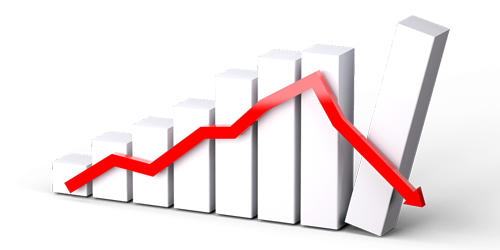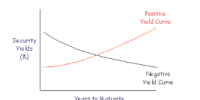Weighted average market capitalization is a method of constructing a stock market index based on the market capitalization of the index’s stocks. As a result, large corporations would make up a larger share of an index than smaller companies. This implies the development of a list would rely upon a little arrangement of stocks. Enormous associations would subsequently get a greater piece of a list when contrasted with little cap stocks. This expresses that the ascent and fall of a list would be reliant upon a little stock set.
Various stock market indices track specific businesses based on their industry (e.g., industrials, technologies, small caps, etc.). These indices track the performance of the companies that make up the index. The S&P 500, which tracks the 500 largest assets by market capitalization, is one of the most popular market capitalization weight indexes. The main four property join for more than 10% of the whole list. These incorporate Apple (AAPL), Microsoft (MSFT), Amazon (AMZN), and Facebook (FB). The S&P 500 is generally viewed as a check of the soundness of the more extensive market and a benchmark for execution.
The weighted average market capitalization is determined by multiplying the current market price by the number of outstanding shares and then taking an average to determine weight. The total value of a company’s outstanding shares multiplied by the price of one share equals market capitalization. With a weighted average market capitalization, parts that have a higher market cap have more impact since they comprise a higher rate in the record; those with more modest covers have less impact.
A weighted average market capitalization, according to many investors, is a favored technique for allocating assets since it reflects how markets actually behave or react. A weighted market cap list is viewed as being both stable, and intelligent of the more extensive market, where bigger organizations have a more noteworthy impact than more modest ones. Investors believe that the process reduces risk by allocating a larger portion of the fund to regularly performing companies.
On the downside, if small-cap stocks gain, a weighted market cap index might penalize index investors because they won’t benefit as much as they would in an equal-weighted index. Similarly, as ever, there are times when little cap stocks perform better compared to the greater ones, and when this occurs, there are lesser possibilities for record financial backers for getting large returns. The weighted average market capitalization is calculated by multiplying the current market price by the number of outstanding shares and averaging the results.
Additionally, market-cap-weighted records, for example, the S&P 500 offer a deception of broadening, in any case, there are only a couple stocks that impact this development. A few financial backers accept a weighted normal market capitalization is the ideal technique for resource assignment as it mirrors the real conduct of business sectors. Asset allocation provides a plethora of different possible strategies. Price weighing, equal market cap weighting, and many others are among them. Meanwhile, market-cap-weighted indices like the S&P 500 look to be diversified, but only a few stocks drive the majority of the movement. This is a significant wager that the efficient market concept will hold true in both bull and bear markets.
The normal mean of many stock costs prompts the computation of the possessions of a cost weighted record. The Dow Jones Industrial Average is quite possibly the most popular records utilizes value weighting. The proficient market speculation says that stock costs mirror all data accessible, and exchange at honest assessment on all trades. An equal-weighted index, on the other hand, gives each stock in a portfolio or fund the same weight. The S&P 500 Equal Weight Index, for example, is a market-cap-weighted counterpart of the popular S&P 500.
Information Sources:
















